![]()
From January 7-31, Food+Tech Connect and The Future Market are hosting Biodiversity: The Intersection of Taste & Sustainability, an editorial series featuring interviews with over 45 leading food industry CEOs, executives, farmers, investors and researchers on the role of biodiversity in the food industry. See the full list of participants and read about why biodiversity in food is important here. We are also producing a biodiversity exhibit at The Winter Fancy Food Show, so please stop by to say hello.
Below, Impossible Foods CEO Dr. Patrick Brown talks with us about how global demand for animal proteins is devastating our planet and leading to catastrophic biodiversity loss. In our wide ranging interview, Brown discusses what’s a stake if we continue loosing biodiversity, Impossible’s strategy for curbing biodiversity loss – from its products to its ingredient supply chains and packaging – and how to get consumers to care about biodiversity. He also discusses specific resources for manufacturers and retailers interested in supporting biodiversity.
_____________________
Danielle Gould: Is biodiversity a priority for Impossible Foods? If so, how and why?
Pat Brown: Today we are in the late stages of a catastrophic meltdown in global biodiversity, unprecedented in human history, almost entirely driven by global demand for meat, fish and dairy foods. Impossible Foods was founded to halt and reverse this catastrophe and prevent collapse of the ecosystems that keep our planet habitable. The world has lost more than half of its wild mammals, fish and birds in the past generation alone. Loss of invertebrate biodiversity is staggering – bad news for food webs and nutrient recycling (which means bad news for humans). The cause, overwhelmingly, is the use of animals for food.
On land, biodiversity losses are overwhelmingly due to the loss and degradation of ecosystems and wildlife habitat due to animal agriculture, and secondarily the direct impact of hunting. Today, the biomass of domestic cattle alone exceeds the total biomass of all land vertebrates by more than a factor of 10.
In rivers lakes and oceans, the losses are due to overexploitation, combined with agricultural runoff pollution and global warming – all of which are driven by the use of animals for food. Overfishing has resulted in the collapse of nearly all fished populations –total fish populations in the oceans are less than half, and in freshwater systems less than a third of their numbers a generation ago.
The meltdown in biodiversity has happened slowly and without any high-drama events to capture public awareness or move governments or even NGOs to take urgently needed action. The good news is that the solution is clear – we need to massively decrease consumption of animal products.
Education is not going to solve the problem – just look at what the environmentalists at COP24 are eating. Urging people to change their diets isn’t going to solve it – China asked its citizens to cut their meat and dairy consumption by half; result: the steady rise in consumption continued unabated.
Impossible Foods has a clear and simple mission: to completely replace the use of animals as a food technology, worldwide, by 2035. We recognize and accept that the demand for these foods isn’t going to go away, so to satisfy the continuing demand without the environmental destruction we are creating uncompromisingly delicious, nutritious and affordable meat, fish and dairy foods directly from plants, to compete head-to-head with today’s animal-derived versions. Our success depends entirely on our ability to outperform today’s animal-derived products in delivering what consumers want, with a tiny fraction of their environmental footprint. It’s a tall order, but we know it can be done. In fact, we’re doing it.
The logic is simple enough. Livestock is the overwhelmingly dominant driver of biodiversity losses. That’s not just due to habitat loss and deforestation to make space for pasture and soya – it’s also due to farmed animals’ contribution to climate change (leading to ocean acidification) and water pollution/fences/predator and competing wild species. Consumption of primary productivity.
The global ecosystem cannot accommodate the current livestock population, let alone tolerate an increase in production to satisfy the 2050 population. Consumers want beef, and they don’t want a an alternative that’s lower in quality, even if it is more wildlife-friendly. So, Impossible was founded. We intend to help address biodiversity loss by running a successful and mission-oriented business, developing products without compromise and technologies that can advance the industry as a whole.
DG: How does Impossible define and think about biodiversity?
PB: Protecting, preserving and restoring the diverse native ecosystems around the world, each with their own unique and diverse flora and fauna that in total create a robust biosphere that can support human life and make it worth living.
DG: What does an ideal biodiverse food system look like?
PB: Entirely plant-based, with a tiny fraction of the disastrous land, water, climate and biodiversity impact of today’s largely animal-based system.
DG: How do you measure biodiversity, and when will we know when we’ve arrived at a “good” level of biodiversity?
PB: Impossible defines biodiversity the same way most ecologists would, as the taxonomic, genetic and functional diversity of planetary life. It’s not just lions and tigers and bears (although we love those); from microbes, trees, grasses and bees to kelp forests, nudibranchs and blue whales, the robust and diverse ecosystems that are each sustained by their unique palette of biodiversity are the fundamental thing that keeps humans alive on this planet.
We think of biodiversity as a necessity relevant at all scales – to the individual, to our own business, and to the global ecosystem. Everyone who has eaten food, breathed clean air, or consumed clean water can thank the diverse array of microbes, insect pollinators, and carbon-storing forests for that.
In our own business context, we think about the biodiversity implications of products and markets. We launched our flagship product the Impossible Burger not just because burgers are iconic, but because cattle are the worst environmental offenders (largest food system drivers of climate change, forest loss, and water pollution) and the most inefficient source of calories and protein. Half of beef consumed in the US is consumed as ground beef – launching a ground beef made from plants meant that we could pull a really big lever.
Similarly, Impossible Foods entered the Hong Kong and Macau markets within two years of launch. The greatest growth in demand for cattle products is occurring in Asia, and the new agricultural land to feed that demand is coming from the tropical forests of Latin America. Those forests are the planet’s greatest reservoir of biodiversity, performing the ecosystem services that keep all of us alive. Meeting the consumption needs of emerging economies will be necessary to avert catastrophic losses of biodiversity across the globe, and in Asia, there’s this opportunity to leap-frog from a traditionally plant-based diet to one that does incorporate meat – it’s just from plants.
Impossible Foods also thinks about biodiversity in our own supply chain. We source paper packaging that has been Sustainable Forest or Forest Stewardship Council certified. We routinely connect with our coconut oil supply chain and researchers on the ground to understand production and ensure no contribution to deforestation. We do not use palm oil, despite desirable cooking characteristics, for the simple reason that we haven’t arrived at a cost-effective sourcing method that we feel confident does not contribute to deforestation or peatland burning.
DG: What is the business case for products that promote a more biodiverse food system?
PB: The business case for food manufacturers should be clear – without biodiversity and ecologically sound production, there is no future agricultural system (at least, not one that will last very long). Most food manufacturers recognize that biodiversity and climate are both key issues for long-term business resilience.
DG: What investments need to be made to create a more biodiverse food system?
PB: As food manufacturers, we don’t have the luxury of anything less than transformative solutions. Doing ‘less bad’ within one’s own supply chain is admirable, but limited in efficacy given the sheer scale of the biodiversity crisis. Products like the Impossible Burger provide consumers a viable alternative to an animal product that literally tramples wild landscapes and crowds out the wild flora and fauna. Despite rapid growth, we are just one small business. There needs to be broader industry investment in developing these consumer-facing solutions, whether that’s through plant-based replacements for livestock or novel ways of producing oils. More than 7 billion people can be mobilized to solve this, if you just put the right tools in their hands.
DG: What are the greatest challenges and opportunities your organization faces for creating a more biodiverse system, and what are you doing to overcome or capture them?
PB: The need to scale our technology and the businesses it enables by orders of magnitude globally in the short window of time we have left to avert environmental catastrophe.
DG: Does your average consumer care about biodiversity today? Why should they care? How do you (or will you) get them to care?
The average consumer does care about biodiversity, even if they don’t necessarily think of it in those terms. Biodiversity loss is a big, abstract concept that can feel intractable. And in many cases, consumers don’t know that their food choices have an impact on biodiversity. It’s just not a well-socialized topic, even though biodiversity provides the ecosystem services that give us food (pest control, pollination, soil stabilization) and regulate our climate (nutrient cycling, carbon sequestration).
The most important thing we can do to to support consumer awareness of biodiversity is to never make people feel bad about their choices. It’s not motivating, it’s not effective. Our product is a vehicle for change – we want to be inherently optimistic about that, and if we can help inform consumers along on the way, that’s great. Providing a better option is the most important thing we can do – and if we help consumers care about biodiversity, that’s a great bonus for consumer consciousness and hopefully brand loyalty.
Communications tactics and research activities help us connect consumers and stakeholders to the importance of biodiversity. We publish an annual Impact Report as a platform for us to go deep on the environmental motivations that might not make sense elsewhere in our brand presence. We directly engage with consumer questions, and we beat the drum for the conservation of biodiversity at events and in brand thought leadership opportunities. Our impact team produces open-source primary research and supports external academic research investigating livestock impacts on national and global biodiversity – we see it as a business imperative to fill in the gaps in the literature and guide strategic planning to optimize both mission outcomes and business growth.
We will never miss an opportunity to talk about the importance of biodiversity and to support it in our business decisions, but we don’t see education as our company’s primary role. Instead, we’re providing the consumers with a tool to conserve biodiversity simply by choosing Impossible instead of animal products. And right now, there’s just not a very good toolkit out there – so we intend to keep growing and bringing products to market, and we hope others will do the same. Consumers don’t have to care about our mission to support it by enjoying our products.
DG: What are some of the most important things food manufacturers can do to support biodiversity? Retailers? Other key parts of the food supply chain?
Eliminating animal products from the food system is far and away the best target for supporting biodiversity, so speaking from that lens, two things need to happen. First, there needs to be additional innovation and investment support for products that can support the idea of transformative impact. It’s not easy – replicating the sensory and nutritional experience of meat, fish and dairy – and requires a serious investment in R&D. Second, food manufacturers can commit to strategies that actually move the needle on preserving biodiversity. Replacing ground beef alone won’t spare the Amazon, although it will help. This is a sector-wide issue; the more companies that make complementary plant-based meat, dairy and fish, the better the outcome for wildlife.
Retailers can put those products on their shelves. They can recognize their responsibility and opportunity, and leverage their ability to place and promote the change-agent products that become available.
Finally, taking any kind of stance on biodiversity and then finding ways to tackle its loss requires a strong understanding of this very complex topic. Whether it is through hiring experts or through partnerships with organizations like World Resource Institute or the Nature Conservancy, manufacturers and retailers need to have the right information to make effective and responsible decisions.
Mature businesses in the food industry can opt into sectoral commitments, like the UN Sustainable Development Goals in order to track and measure progress using data-driven approaches. Of the SDGs, corporate commitments and goal-setting around biodiversity is underrepresented compared to other food system action areas like climate or freedom from hunger.
Finally, food starts with farmers, so manufacturers will likely be in a good place to invest in the beginning of their value chain. A biodiversity-friendly food system begins and ends with stewards on the ground, and a plant-based economy must place farmer livelihoods and food sovereignty at the top of the priority list.
DG: If we get to a perfectly biodiverse food system, how would that change the typical selection of products we see in a grocery store?
PB: A perfectly biodiverse food system might not exist. Resource use is pretty zero-sum, but there can be a happy medium that allows humans and nature to thrive together. A more biodiversity-friendly retail shelf isn’t going to have animal products on it. Hopefully there would be more products sourced from agroecological farming methods. We might see new forms of labeling, auditing and certification bodies that support of verify biodiversity related farming claims.
The shelves would contain a greater array of plant-based products from a greater diversity of plant species and cultivars. Assuming there is success in removing the need for animals in our food system, there should be more ‘headroom’ for a more diverse agricultural system. More and different peas, lentils, beans, starches, oils – there’s so much potential to recoup the historic genetic and taxonomic diversity of our agricultural landscape.
DG: Are there certain products you would like to see more of in the food industry — either in foodservice or CPG — that would help promote a more biodiverse agricultural system?
PB: Loss of marine biodiversity, like terrestrial biodiversity, has been dramatic. Replacing marine products is a unique challenge, in that there is an amazingly broad array of those products; tuna alone can be found as cat food, canned for humans, or as blue-fin sashimi. Figuring that out – how to get consumers the right toolkit to orient away from mass marine harvest – has to be a challenge the industry tackles together.
DG: What is your vision for what a more biodiverse food system looks like in 10-15 years?
PB: We would hope to see a massive reduction in livestock (especially cattle) and fish exploitation, a broad adoption of agroecological methods of production, a greater diversity of crops and cropping systems, the rational matching of crop to geographic resources, and sustained food security. Hopefully, as a society, we can also figure out how to create an agile food system adaptive to climate change.
Read all of the interviews here and learn more about Biodiversity at The Future Market.
_____________________
![]() Patrick Brown, CEO & Founder of Impossible Foods
Patrick Brown, CEO & Founder of Impossible Foods
Patrick O. Brown is CEO and founder of Impossible Foods, a company at the forefront of making nutritious, delicious meat and dairy products from plants to satisfy meat lovers and address the environmental impact of animal farming.
The idea for Impossible Foods came to Pat while he was on sabbatical from his position as an HHMI investigator and professor of biochemistry at the Stanford University School of Medicine. In reflecting on how he could use his training and experience to make the largest positive impact on the world, he realized there was a way to make delicious, affordable meat and dairy products, directly from plants – that would be better for the environment and for consumers. In 2011, Pat chose to devote himself full time to Impossible Foods.
After receiving his BA, MD and PhD (in Biochemistry) at the University of Chicago, Pat completed a residency in pediatrics at Chicago’s Children’s Memorial Hospital. As a fellow with Mike Bishop and Harold Varmus, he defined the mechanism by which HIV and other retroviruses incorporate their genes into the genomes of the cells they infect.
At Stanford, Pat and colleagues developed DNA microarrays – a new technology that made it possible to monitor the activity of all the genes in a genome – along with the first methods for analyzing, visualizing and interpreting global gene expression programs.
He pioneered the use of gene expression patterns to classify cancers and improve prediction of their clinical course. He has also been a leader in making scientific and medical research results freely available to scientists, physicians and the public. With Harold Varmus, then Director of the National Institutes of Health, and Berkeley professor Michael Eisen, he founded the Public Library of Science, a nonprofit scientific publisher that has transformed the publishing industry by making scientific and medical research results freely available to the public.
He is a member of the National Academy of Sciences and the Institute of Medicine and recipient of the American Cancer Society Medal of Honor. He is also the co-founder of Lyrical Foods, Inc., maker of Kite Hill artisanal nut-milk-based cheeses and yogurts.
The post Impossible Foods on How Meat is Causing Catastrophic Biodiversity Loss — And How to Stop It appeared first on Food+Tech Connect.




 Tobias Peggs, CEO and co-founder at Square Roots
Tobias Peggs, CEO and co-founder at Square Roots
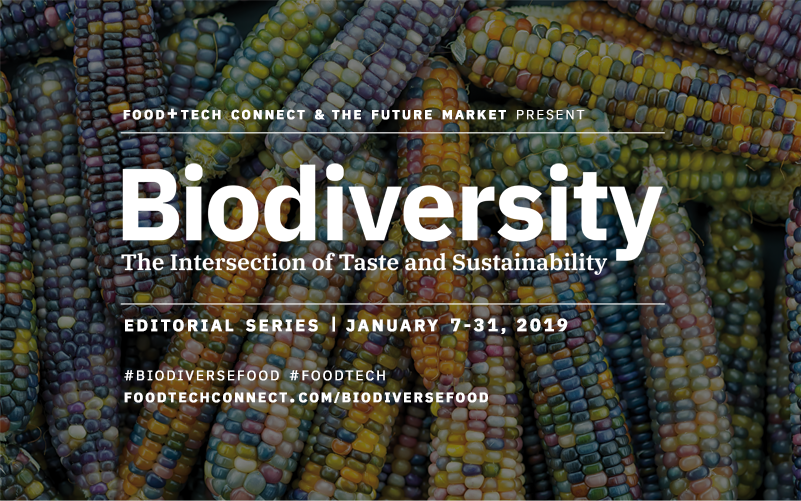

 Patrick Brown, CEO & Founder of Impossible Foods
Patrick Brown, CEO & Founder of Impossible Foods





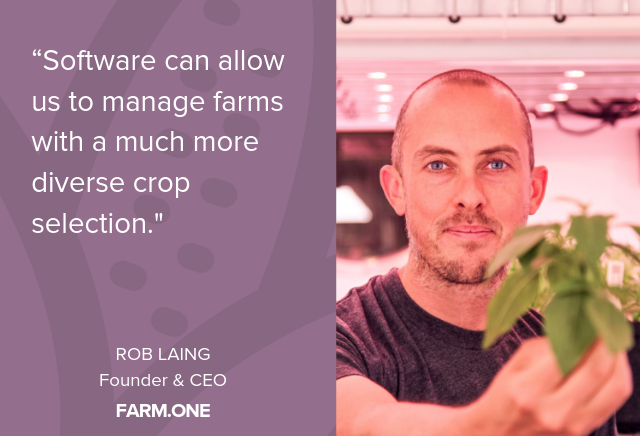
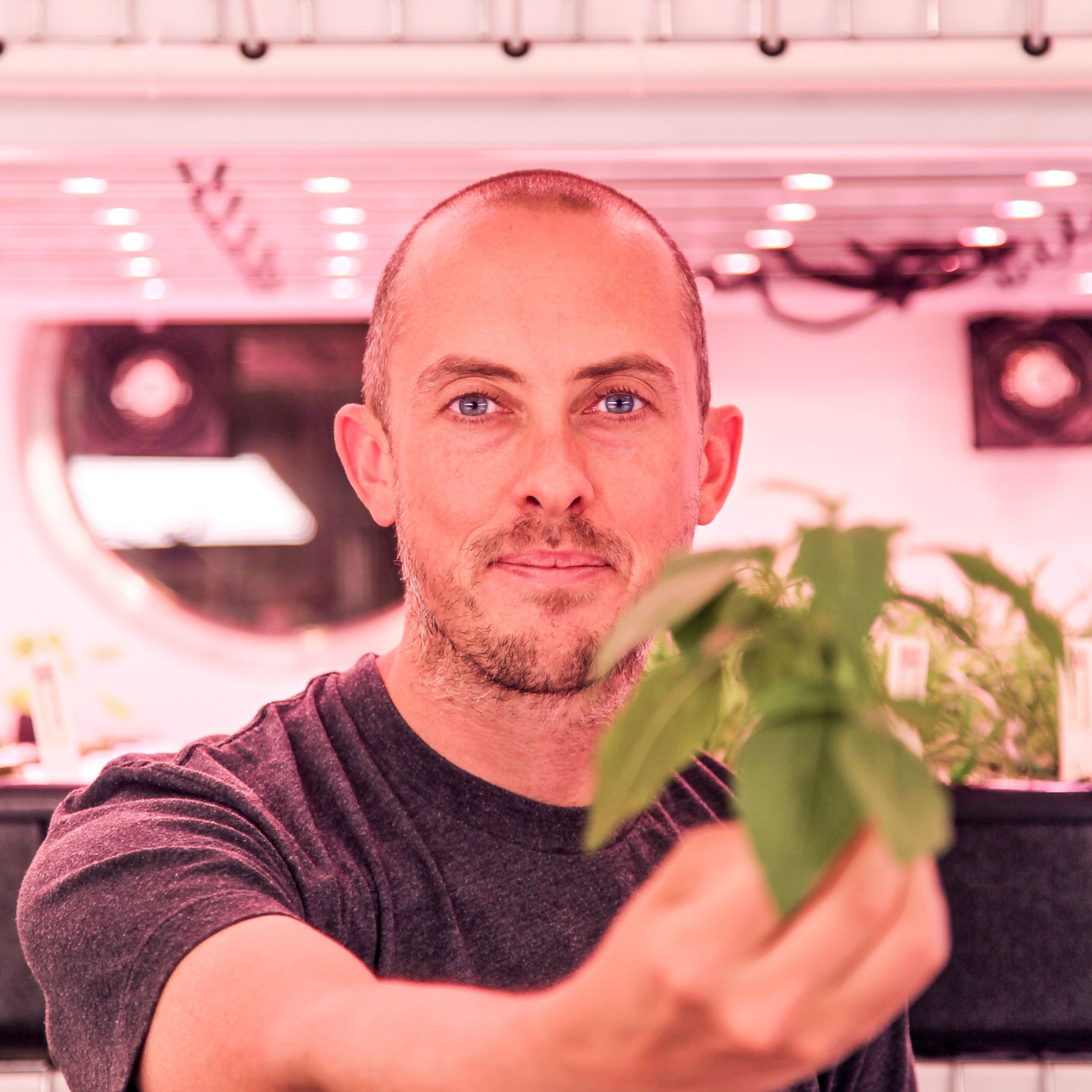 Rob Laing, CEO and Founder of Farm.One
Rob Laing, CEO and Founder of Farm.One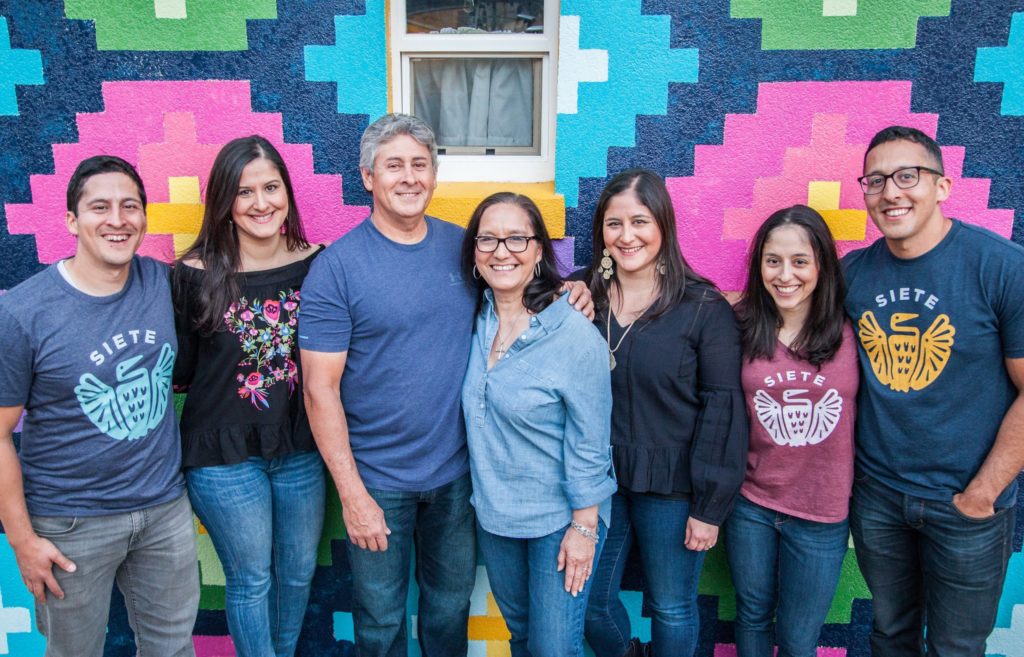






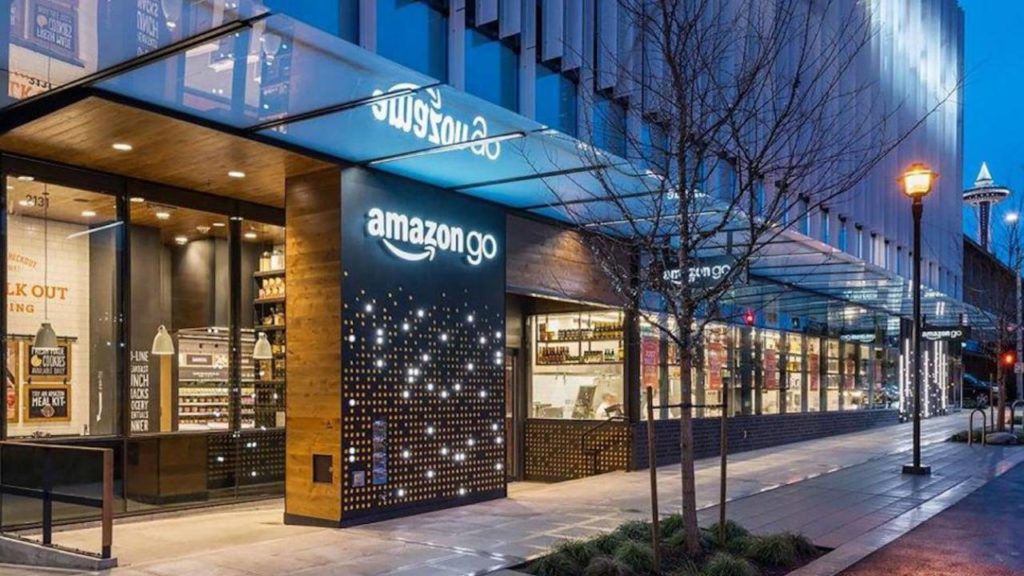

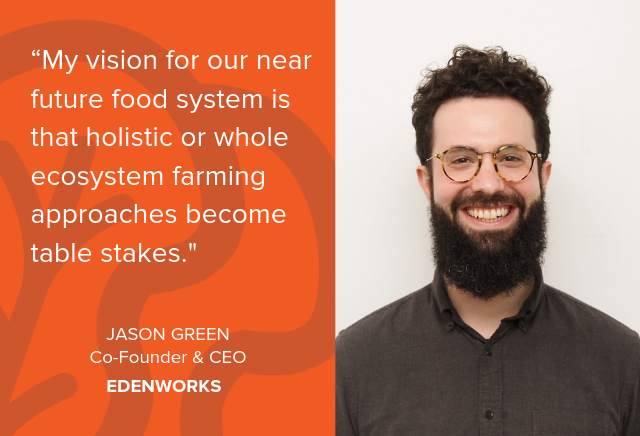
 Jason Green, CEO & Co-founder of Edenworks
Jason Green, CEO & Co-founder of Edenworks